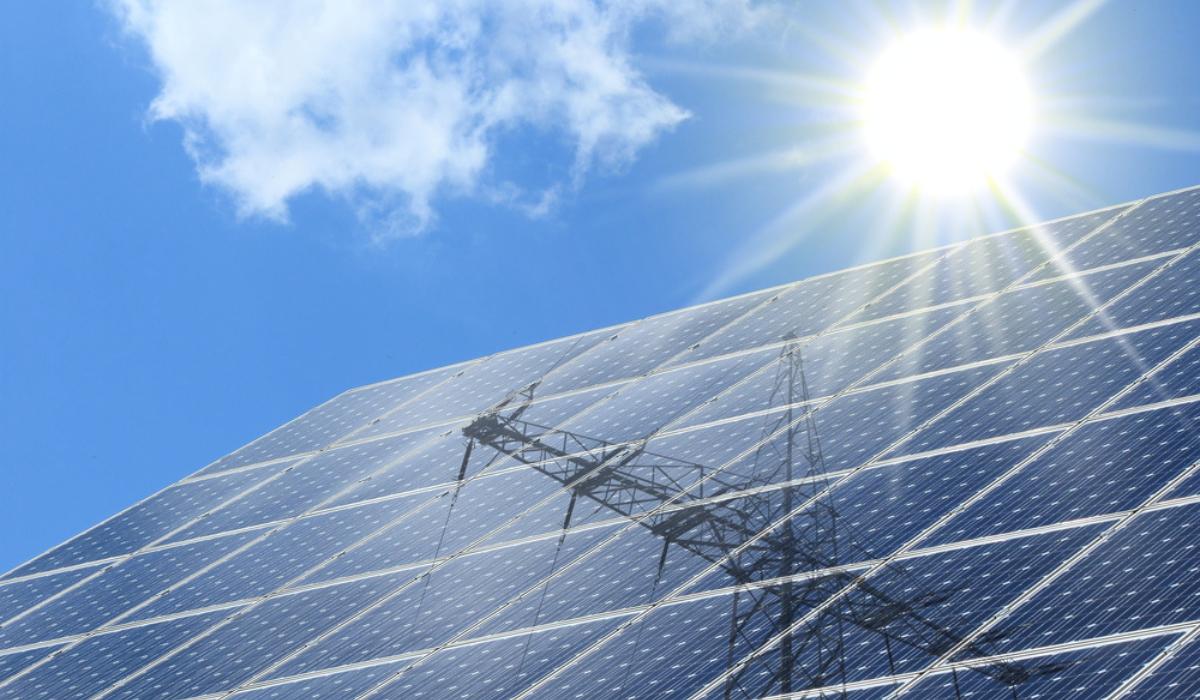February 2, 2024: The Delhi government has introduced a Solar Power Policy 2024, which will enable residents of Delhi to install rooftop solar panels in their houses and get incentives for the electricity they generate. Under the policy, residents installing solar panels on their rooftops will receive zero electricity bills, irrespective of how many units of electricity they consume. Power consumers can earn Rs 700-900 every month, Chief Minister Arvind Kejriwal said, as cited in a Times Now report.
The Delhi Solar Policy 2024 will have innovative deployment models such as community solar for consumers with limited rooftop space or funds constraints. Further, the Delhi government is planning to conduct a rooftop assessment through satellite imagery to calculate solar power generation under the new policy. It will equip the government to analyse the shadow and sun rays at different times of the year for better calculation of power generation, according to a TOI report.
Steps to install solar panels
- The government will set up a solar portal and publish a list of authorised vendors.
- Consumers can choose any of the vendors based on their preference and get the rooftop solar panels installed.
- The selected vendor will carry out a feasibility study on the resident’s premises and present an option to enter into an agreement for installation.
- Distribution companies (discoms) will receive an application from customer. An acknowledgement and a unique service number will be provided.
- Upon receiving an approval letter from the discom, the vendor will complete the installation.
- Discoms will facilitate the installation of a ‘net meter’ that will help track the units of power generated, consumed and unused.
Under the new policy, consumers will continue to receive regular electricity bills from the discoms. However, the bills will show the units of power generated by the rooftop solar panels. The units generated will be subtracted from the total consumption and any surplus power produced will be credited to the consumer’s account.
Subsidy provided under the Solar Policy
Residents investing Rs 90,000 in solar panels can save Rs 1250 on the zero bill every month and earn an additional Rs 700. This amounts to an annual benefit of Rs 24,000. According to the Times Now report, if a resident produces 3 kilowatts of electricity, Rs 3 per unit will be credited to their account. The Delhi government will further provide a capital incentive of Rs 2,000 per watt, with a maximum of Rs 10,000. This is separate from the central government’s subsidy.
| Got any questions or point of view on our article? We would love to hear from you. Write to our Editor-in-Chief Jhumur Ghosh at jhumur.ghosh1@housing.com |






